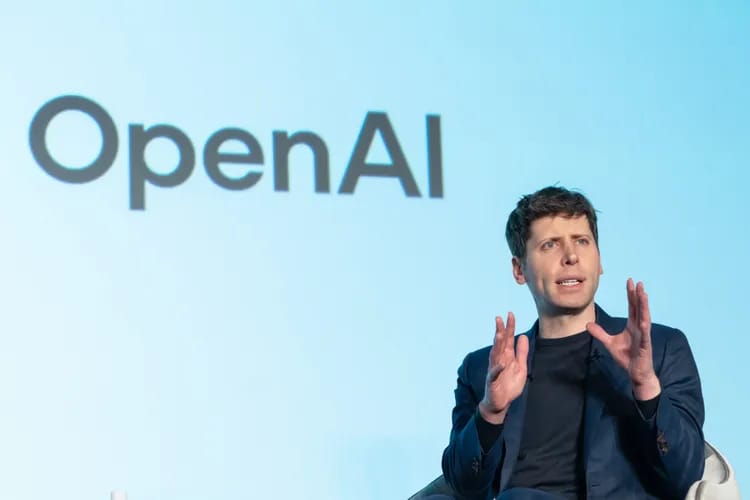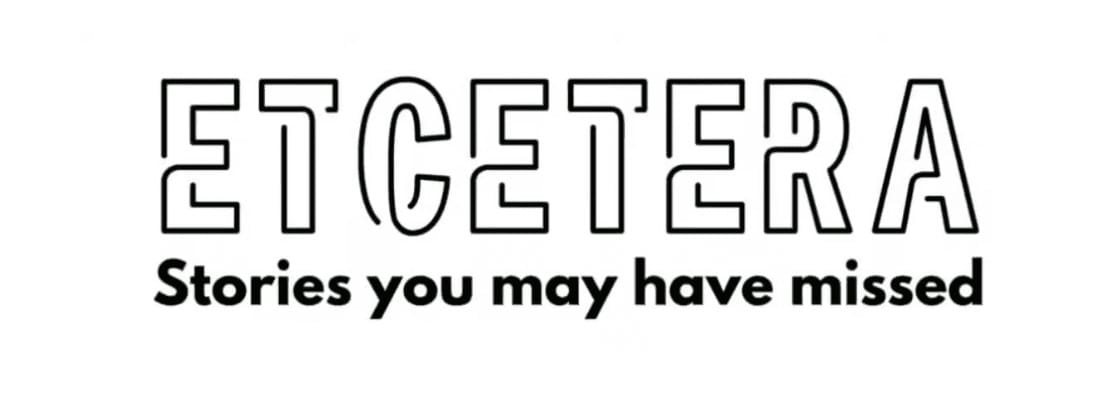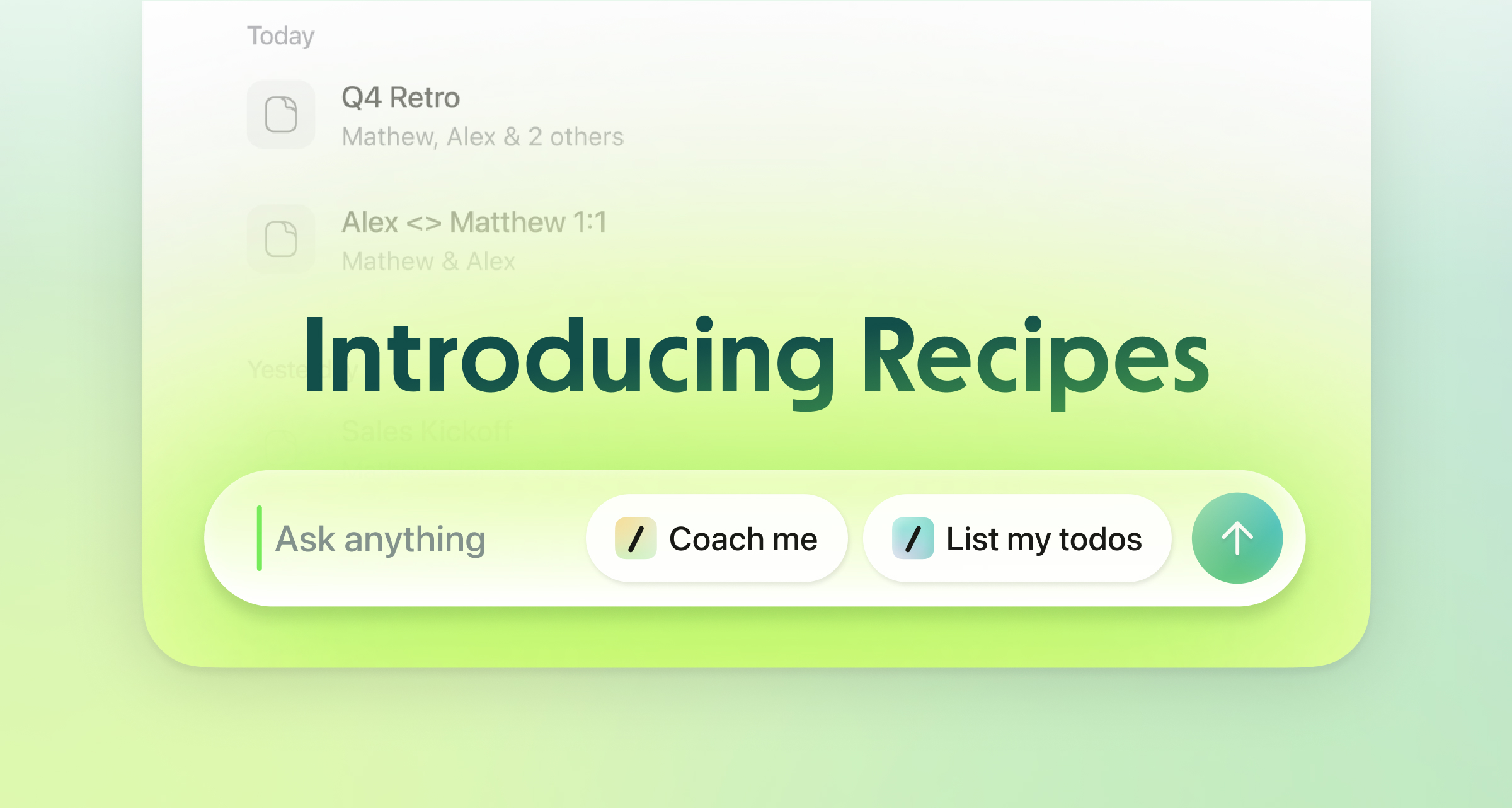Good morning. It’s Friday, October 3rd.
On this day in tech history: In 2007, Nvidia released CUDA 1.0 to developers, exposing general-purpose compute on GPUs. At the time it was pitched for scientific computing, but it effectively laid the hardware foundation for the deep learning explosion six years later.
In today’s email:
OpenAI’s Wild Valuation
Google’s Jules
Copilot coming for Gmail and Outlook
5 New AI Tools
Latest AI Research Papers
You read. We listen. Let us know what you think by replying to this email.
In partnership with LMCache
🚀 Speed Up Your LLM Workflows with LMCache
Running retrieval-augmented generation or local LLM deployments? Meet LMCache — an open-source key-value cache manager that accelerates inference by 4–10×.
✅ Lightweight & developer-friendly
✅ Seamlessly integrates into RAG pipelines
✅ Benchmarked, open-source, and ready to drop in
Dive into the details on the LMCache blog or explore the code on GitHub
Thank you for supporting our sponsors!

Today’s trending AI news stories
OpenAI is the world's most valuable private company after private stock sale
OpenAI has officially become the world’s most valuable private company, hitting a $500 billion valuation after employees sold $6.6 billion worth of shares in a secondary sale. Because the cash went directly to shareholders, not the company, it doubles as a retention play to keep talent from drifting to competitors like Meta’s resurgent AI lab. The milestone comes just weeks after a $40 billion raise in August and sits alongside massive infrastructure bets.

Image credit: Tomohiro Ohsumi / Getty Images
The Sora app is already a viral hit, pulling 56,000 day-one downloads and climbing to No. 3 on the U.S. App Store despite being invite-only and limited to the U.S. and Canada. It’s outpacing Claude and Copilot and matching xAI’s Grok launch, with only ChatGPT and Gemini posting stronger day-one numbers.
ChatGPT itself is now edging into social territory. Recent Android beta builds reveal profile customization. Photos, display names, descriptions and code references to direct messaging further hint at upcoming capabilities. This could allow users to communicate and collaborate directly, echoing what’s already available inside ChatGPT Teams and Workspace accounts. Read more.
Google rolls out Jules CLI/API, Gemini “nano-banana” model now with 10 aspect ratios
Gemini 2.5 Flash Image, aka ‘Nano-Banana,’ is now in general availability, supporting ten aspect ratios, from cinematic 21:9 to vertical 9:16. Developers can blend multiple images, preserve character fidelity across outputs, and make precise edits using natural language prompts.
Early adopters are already pushing it: Cartwheel combines it with 3D posing tools for accurate character rendering, while Volley generates live game visuals with sub-10-second latency for multi-turn edits. Gemini 2.5 runs via the Gemini API on AI Studio or Vertex AI, with deployment or GitHub export, priced at $0.039 per image and $30 per 1M output tokens for scale.
Meanwhile, Google’s coding agent Jules now works in the terminal with full CLI and API access. Developers can trigger, monitor, and parallelize tasks, integrate with Slack or CI/CD pipelines, and manage files, memory, and environment variables, keeping complex workflows smooth without leaving the console.
Rounding out the week, DeepMind’s Dreamer 4 set a new offline RL milestone: it mined diamonds in Minecraft using 20,000+ pre-recorded actions without touching the live game. Its high-efficiency transformer world model folds reward prediction and policy optimization into a single architecture. On the offline diamond benchmark, it beats OpenAI’s VPT and Gemma 3 using roughly 100x less data, delivering faster, more robust learning entirely in simulation. Read more.
Microsoft unifies agents, attacks biosecurity gaps, and arms Copilot for Gmail and Outlook
Microsoft is formally retiring AutoGen and Semantic Kernel, shifting all new development to its unified Agent Framework. The new SDK consolidates multi-agent orchestration (including Magentic One), OpenAPI integration, cross-runtime messaging, and local testing. Governance is embedded at the core: prompt injection shielding, task adherence checks, and PII detection feed into Azure AI Foundry for deployment, monitoring, and lifecycle controls. OpenTelemetry hooks give enterprises visibility into latency, cost, and real-time agent behavior.
Microsoft 365 Premium, meanwhile, is taking a swing at ChatGPT Plus with a $19.99 plan that folds AI into the full Office suite. Subscribers get desktop Word, Excel, PowerPoint, Outlook, and OneNote, plus Copilot and two agents previously limited to enterprises: Researcher, powered by OpenAI’s Deep Research model, and Excel’s Analyst for turning messy data into structured outputs. The tier also unlocks GPT-4o’s highest rate limits, Vision, image generation, Actions, Podcasts, upcoming Photos Agent, Agent Mode, Office Agent, Defender, and 1TB of storage. Personal, Family, and Copilot Pro users are being upgraded automatically.

New techniques are coming into play to halt malevolent proteins in their tracks. Image: Getty
In a new study, Microsoft researchers have flagged a new biological “zero-day” risk: AI-designed toxins that slip past current DNA screening. In a digital red-team test, Eric Horvitz’s team digitally redesigned known toxins so their genetic signatures wouldn’t trigger safeguards used by DNA synthesis providers. Vendors were alerted and patches issued, but researchers admit some AI-designed molecules can still slip through, framing biosecurity as a moving target. Critics argue defenses must shift into the AI models themselves, not just screening pipelines.
Copilot is also quietly gaining deeper integration and new personalities. “Copilot Connectors” will let the assistant search, read, and analyze content across Outlook, Gmail, Google Drive, Calendar, and Contacts via user-controlled toggles. Outlook integration is designed as a true inbox and calendar agent, hinting at a coming email assistant. A new chat persona, “Coco,” is in testing with a warmer, lifestyle-oriented tone and may roll out alongside up to eight selectable interaction modes. Read more.


5 new AI-powered tools from around the web

arXiv is a free online library where researchers share pre-publication papers.


Thank you for reading today’s edition.

Your feedback is valuable. Respond to this email and tell us how you think we could add more value to this newsletter.
Interested in reaching smart readers like you? To become an AI Breakfast sponsor, reply to this email or DM us on 𝕏!






